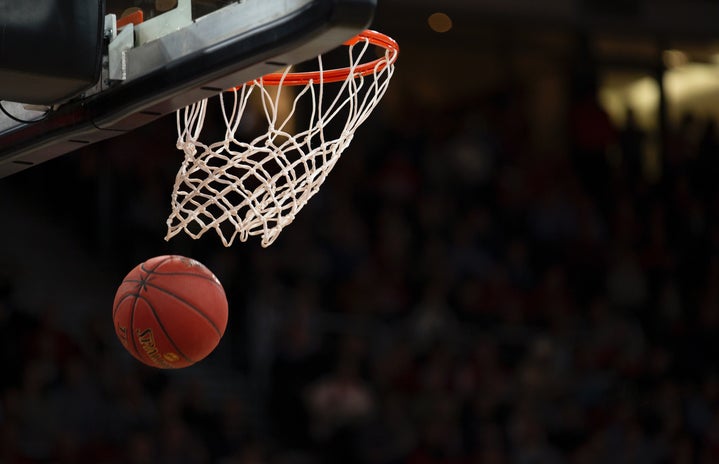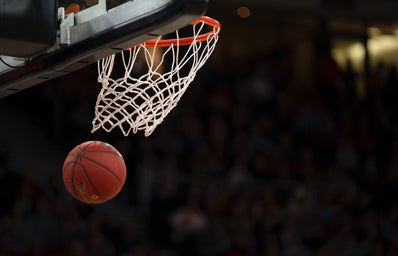On Sunday, April 2, LSU beat Iowa in the 2023 NCAA National Championship. As a former basketball player, it’s cool to see the records that were broken this season so I thought I would highlight these fellow college women’s successes.
For all of NCAA women’s basketball, tournament viewership has increased by 42% since last year. The game between LSU and Iowa was the most viewed NCAA women’s basketball final in history, despite being stuck with a 3:30 p.m. time slot (when the men’s final was given a 9:20 p.m. primetime slot). The game also broke the all-time attendance record for the women’s tournament with 357,542 attendees total.
It was the Iowa women’s team’s first time getting to the championship game ever. Regarding LSU, this was their first NCAA title. It was the highest-scoring final in tournament history with LSU scoring 102 points to Iowa’s 85. As well, it was the highest-scoring final in a half by LSU (59 points).
LSU’s coach, Kim Mulkey, is only the third coach to take multiple teams to the Final Four and now has a 7-1 record for her appearances in the tournament. Previously, Mulkey took Baylor four times, winning three championships. It only took her two years of coaching LSU to get them to the championship.
LSU’s Angel Reese broke the record for the most double-doubles in a season (34!!) and was named Most Outstanding Player after LSU won. Reese commanded the post, and her teammate All-American Alexis Morris was the star guard for LSU.
Morris scored most of her 21 points in the second half of the game, which was crucial to LSU’s victory over Iowa. She also guarded Iowa’s Caitlin Clark for a big portion of the game, which was not an easy task.
The referees sort of took the game out of the players’ hands by calling an abundant amount of fouls. This was frustrating for both viewers and participants, resulting in both teams having to use their benches more than expected.
LSU’s Reese and forward LaDazhia Williams were in foul trouble early on in the game, along with Clark and Monika Czinano for Iowa in the second half. Czinano, crucial in the post for Iowa, fouled out in the fourth quarter. After the half, Iowa went on a 15-2 run, but with Clark and Czinano in foul trouble at that point it wasn’t enough to bounce back and take the lead.
LSU’s bench stepped up to the plate when Reese and Williams had to sit out more than expected. Jasmine Carson showed impressive depth to LSU’s bench and became a key player in the game, making 22 points in the final after only scoring 11 points in the tournament up to that point.
Even though Iowa didn’t win the title this year, junior Caitlin Clark, national player of the year, has broken records and is constantly turning heads. Clark is an impressive player, compared to Steph Curry with her incredible shooting range. Her guard abilities are also awe-inspiring; she pushes the ball in transition to score quickly and always finds an open teammate to pass to.
In the final, she broke the NCAA women’s single-tournament scoring record (191 points!). Clark was also the first person, in men’s or women’s college basketball, to get a 40-point triple-double in the Elite Eight round of the tournament (getting in the double digits of three of five of the statistical categories in a game: rebounds, points, steals, assists and blocks). Everyone’s watching to see what she does next season and where her basketball career will lead her in future years.
With this year’s tournament attracting an inordinate amount of viewers and attention, some talk is turning toward using women’s basketball to create a template for gender equality in sports. Gender inequalities are continually perpetuated and normalized in college basketball and women’s sports in general.
It seems like the NCAA’s media contracts create a huge gap between men’s and women’s basketball including “distribution, promotion coverage and dollars for media rights.” With women’s basketball gaining more traction, hopefully, the NCAA will reevaluate and help narrow that gap leading to more revenue for the women’s side and creating a new precedent for the value of women’s sports. This may be a topic worth exploring in another article, but interesting to think about in light of this exciting March Madness.


